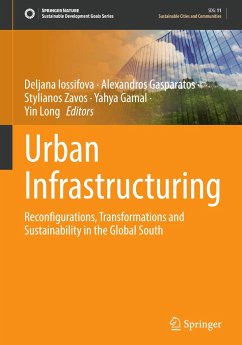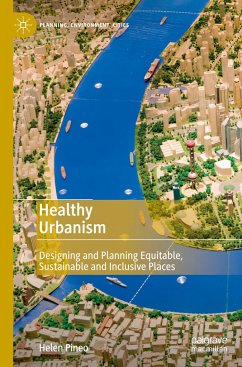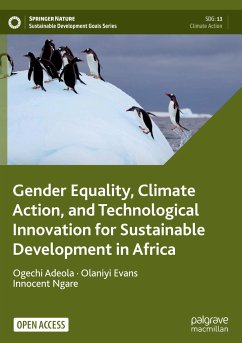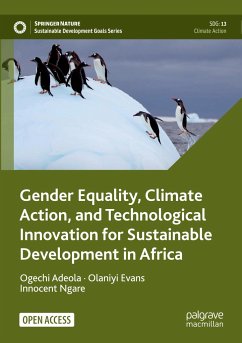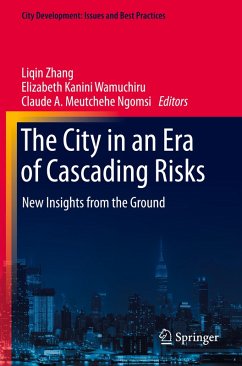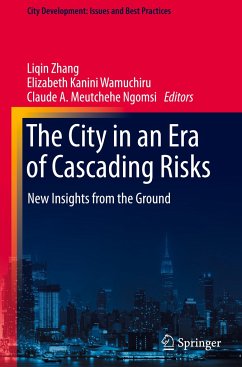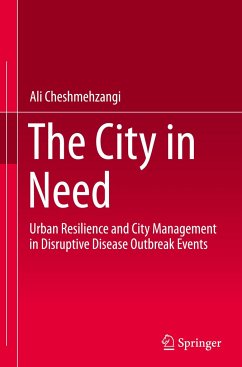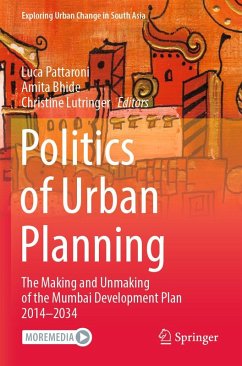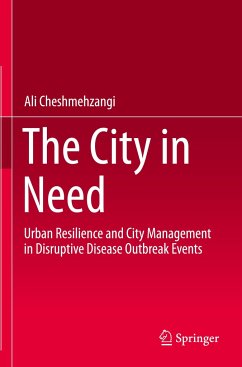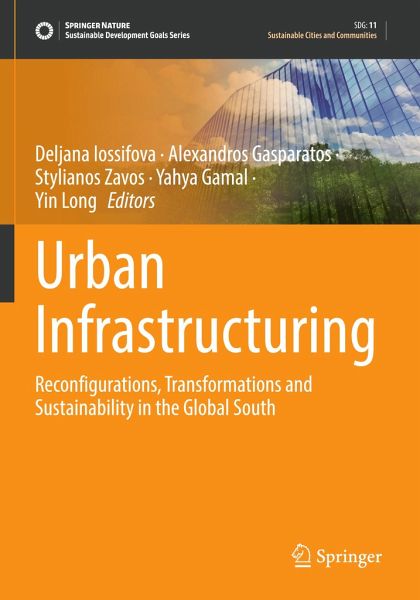
Urban Infrastructuring
Reconfigurations, Transformations and Sustainability in the Global South
Herausgegeben: Iossifova, Deljana; Gasparatos, Alexandros; Zavos, Stylianos; Gamal, Yahya; Long, Yin
Versandkostenfrei!
Versandfertig in 6-10 Tagen
83,99 €
inkl. MwSt.

PAYBACK Punkte
42 °P sammeln!
This book is about urban infrastructuring as the processes linking infrastructural configurations and their components with other social, ecological, political, or otherwise defined systems as part of urbanisation and globalisation in the Global South. It suggests that infrastructuring is essential to urbanisation and that it is entangled with socio-spatio-ecological transformations that often have negative outcomes over time. Furthermore, it argues that infrastructuring requires an ethical positioning in research and practice in order to enhance infrastructural sustainability in the face of i...
This book is about urban infrastructuring as the processes linking infrastructural configurations and their components with other social, ecological, political, or otherwise defined systems as part of urbanisation and globalisation in the Global South. It suggests that infrastructuring is essential to urbanisation and that it is entangled with socio-spatio-ecological transformations that often have negative outcomes over time. Furthermore, it argues that infrastructuring requires an ethical positioning in research and practice in order to enhance infrastructural sustainability in the face of intersecting environmental, social and economic crises.
"Urban Infrastructuring" is developed in three parts. First, it identifies infrastructural entanglements across various urban and urbanising settings in the Global South. Second, it highlights some of the damaging processes and outcomes of urban infrastructuring and argues that the absence, presence and transformation of infrastructure in the Global South (re-)produces socioecological injustice in the short- and long term. Third, the book argues for a shift of infrastructuring agendas towards more just and sustainable interventions. It suggests that an ethico-politics of care should be embedded in systems approaches to infrastructuring in both research and practice.
The edited volume contains contributions from authors with backgrounds in a variety of academic disciplines from the natural and social sciences, engineering and the humanities. It provides valuable insights for anyone concerned with the study, design, planning, implementation and maintenance of urban infrastructures to enhance human well-being and sustainability. It will be of interest to researchers and urban decision-makers alike.
"Urban Infrastructuring" is developed in three parts. First, it identifies infrastructural entanglements across various urban and urbanising settings in the Global South. Second, it highlights some of the damaging processes and outcomes of urban infrastructuring and argues that the absence, presence and transformation of infrastructure in the Global South (re-)produces socioecological injustice in the short- and long term. Third, the book argues for a shift of infrastructuring agendas towards more just and sustainable interventions. It suggests that an ethico-politics of care should be embedded in systems approaches to infrastructuring in both research and practice.
The edited volume contains contributions from authors with backgrounds in a variety of academic disciplines from the natural and social sciences, engineering and the humanities. It provides valuable insights for anyone concerned with the study, design, planning, implementation and maintenance of urban infrastructures to enhance human well-being and sustainability. It will be of interest to researchers and urban decision-makers alike.





